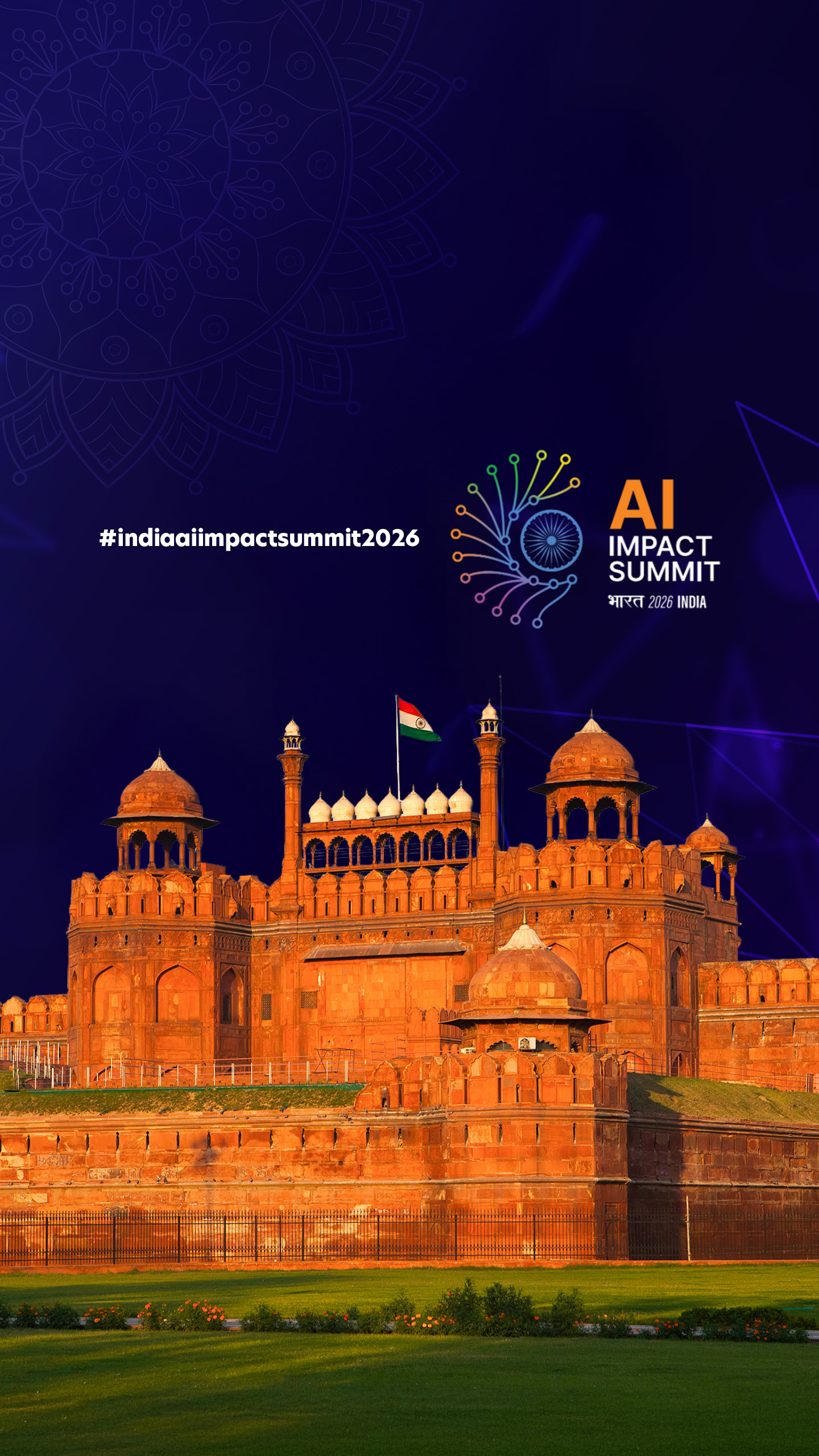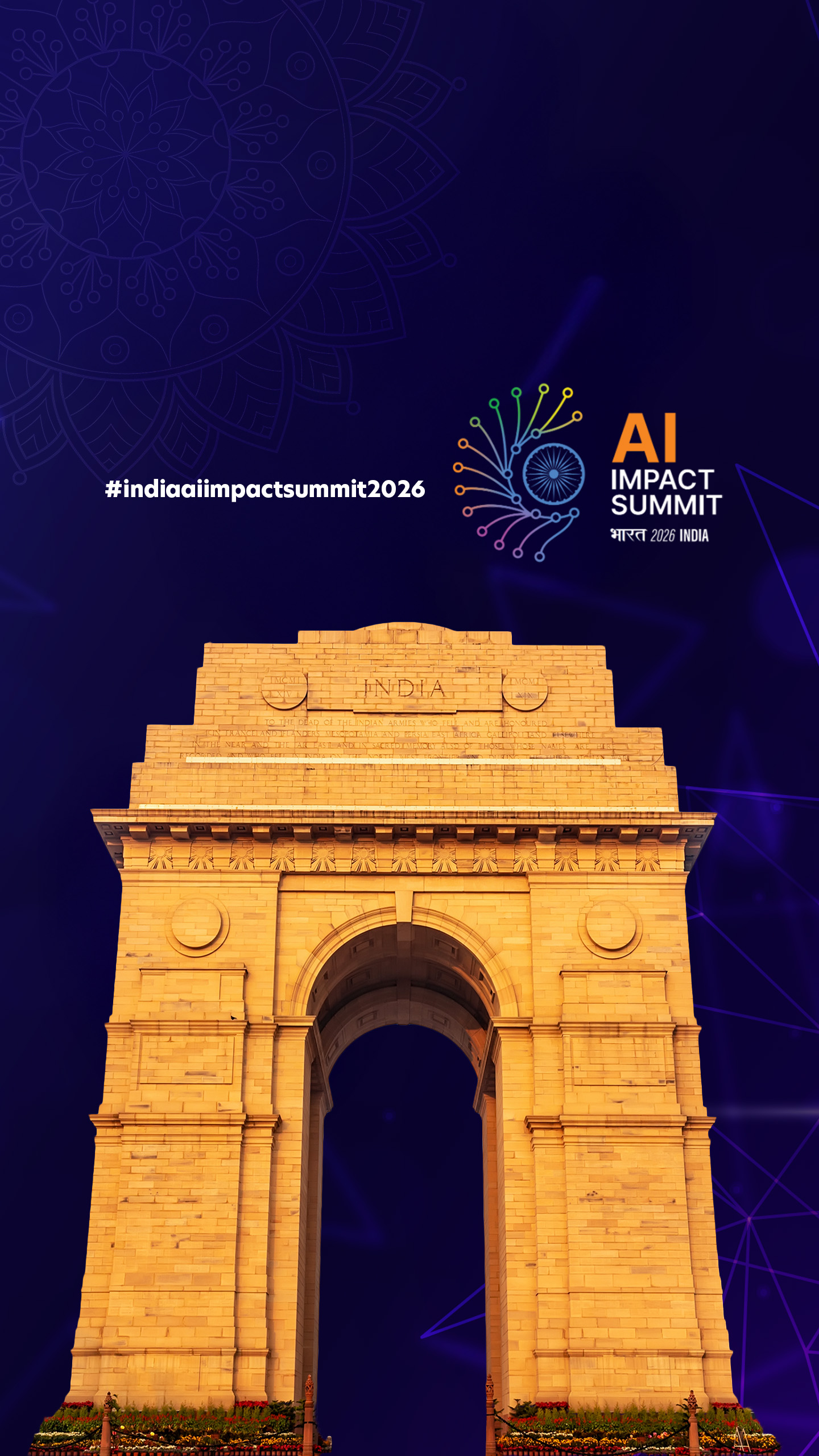The AI Revolution
Artificial Intelligence is no longer a futuristic concept; it's a present-day reality, rapidly transforming industries worldwide. Its ability to automate
complex tasks, analyze vast datasets, and make intelligent decisions poses both opportunities and threats, especially for sectors that heavily rely on traditional methods. The implications for Bengaluru's IT sector are immense. Companies that embrace AI can enhance productivity, offer innovative services, and gain a competitive advantage. Conversely, those that lag behind risk losing market share and becoming irrelevant. This shift requires a fundamental change in strategy, including investments in AI infrastructure and the retraining of the workforce to handle these new technologies.
Understanding the Challenges
The primary challenge for Bengaluru's IT giants is the need to proactively adapt to the disruptive changes AI brings. This includes a thorough evaluation of current business models to identify areas ripe for AI integration, such as automation of routine tasks and developing advanced analytical tools. Moreover, companies face hurdles like a shortage of skilled AI professionals and the need for significant investments in new technologies and infrastructure. Additionally, integrating AI requires addressing data privacy and ethical concerns, which adds another layer of complexity. The companies must also navigate these challenges, taking careful steps to ensure their strategies align with broader industry trends and regulations.
Embracing Proactive Strategies
To ensure survival, Bengaluru's IT giants need to adopt a proactive approach toward integrating AI. This includes a multifaceted strategy. Firstly, investing heavily in AI research and development to foster innovation. Secondly, establishing strategic partnerships with AI-focused startups and research institutions to leverage external expertise. Thirdly, investing in upskilling and reskilling programs to equip employees with the necessary AI skills, and finally, fostering a culture of innovation and continuous learning. A key component of this strategy also involves careful consideration of ethical implications, ensuring that AI is used responsibly, minimizing any potential negative impacts on society and the workforce. This also entails building diverse teams that can address these complex challenges from various perspectives.
Workforce Transformation Required
A crucial element of adapting to the AI storm involves transforming the workforce. The current IT workforce must acquire new skills, as AI-driven automation changes the nature of many roles. This involves investing in robust training programs, including specialized courses, workshops, and certifications focused on AI, machine learning, and data science. Further, it is essential to encourage continuous learning and create a culture where employees feel empowered to upskill. This is not just about technical skills; soft skills like critical thinking, problem-solving, and communication will be increasingly valuable in an AI-driven environment. Companies should also anticipate new roles emerging and tailor training accordingly, creating teams prepared to work alongside AI technologies to drive innovation and achieve organizational objectives.
Strategic Partnerships & Alliances
Collaboration is essential in navigating the complexity of AI. Bengaluru's IT giants should actively seek partnerships with AI-focused startups, research institutions, and universities. These collaborations can unlock access to cutting-edge technologies, specialized talent, and valuable insights. Forming strategic alliances allows companies to share resources, mitigate risks, and accelerate the pace of innovation. Such partnerships could involve joint research projects, technology transfer agreements, or the development of innovative solutions. These alliances should be carefully managed to ensure alignment of goals and effective integration of various technologies and expertise. For companies in Bengaluru, these connections are essential to stay competitive and foster continuous innovation.
Focus on Ethical AI
As AI becomes more integrated, ethical considerations are paramount. Bengaluru's IT giants must prioritize responsible AI development and deployment. This includes addressing issues such as data privacy, algorithmic bias, and the potential impact on employment. Implementing ethical guidelines and frameworks is essential. Companies should establish clear protocols for data collection, use, and storage, ensuring compliance with privacy regulations. Moreover, regular audits and assessments are vital to identify and mitigate bias in AI systems. Transparency is also key. Companies should communicate their AI initiatives and decisions to stakeholders, fostering trust and accountability. By integrating ethics into the core of their AI strategies, Bengaluru's IT companies can build sustainable and trusted solutions for the future.
Future-Proofing Operations
To future-proof their operations, Bengaluru's IT companies need to adopt a forward-thinking approach. This includes continuously monitoring industry trends, embracing emerging technologies, and staying informed about advancements in AI. Investments in scalable and flexible IT infrastructure are crucial. This enables the seamless integration of new AI tools and technologies. Additionally, companies should cultivate a culture of innovation by empowering employees to explore new ideas and encouraging experimentation. A long-term perspective is crucial to ensure that the IT sector remains globally competitive. This can include establishing robust risk management strategies to handle potential disruptions and adapt quickly to changing circumstances. By being proactive and adaptive, these companies can secure their position in a constantly evolving landscape.














